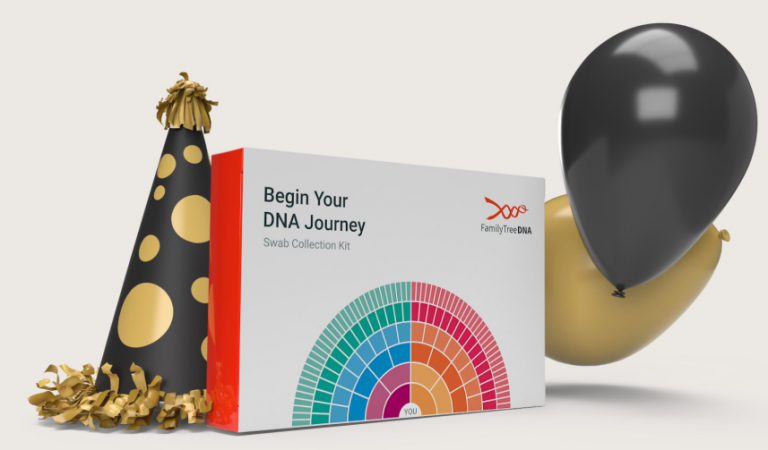A large consumer DNA test database, Family Tree DNA, has quietly started allowing the FBI to upload genetic profiles created from crime scenes and corpses, according to BuzzFeed.
Solving crimes: The FBI was able to compare forensic samples with the DNA of any of about 2 million customers of the service, normally used by genealogists to locate and contact relatives.
A spokesperson for the company said law enforcement agencies have so far uploaded 22 samples: 10 were from the FBI. At least one case has been solved, including a 20-year-old rape case involving a child.
What are the odds? Between Family Tree DNA and another database being accessed by police, GEDMatch, it means your average criminal on the loose probably has at least a second cousin whose DNA can be located. The FBI created a special genealogy team to turn those leads into arrests.
Privacy is kaput: Specialized law enforcement databases containing DNA profiles of known felons could soon be irrelevant. “We are nearing a de facto national DNA database,” Natalie Ram, an assistant law professor at the University of Baltimore, told BuzzFeed.
Angry users? There are already some of them, since Family Tree didn’t tell customers about the arrangement.“At a time people distrust science, it’s more important than ever that people understand and consent to how their information is being used,” says David Mittelman, who was once chief scientist at the company. “No one wants to wake up to learn the terms of use changed by press release.”
Family Tree DNA founder Bennett Greenspan said in a statement that police only have access to the same type of information users already share, such as names, initials, e-mails, and photos.
Read our profile of CeCe Moore, a genetic genealogist who has helped solve more than 27 cases last year using a different database.

